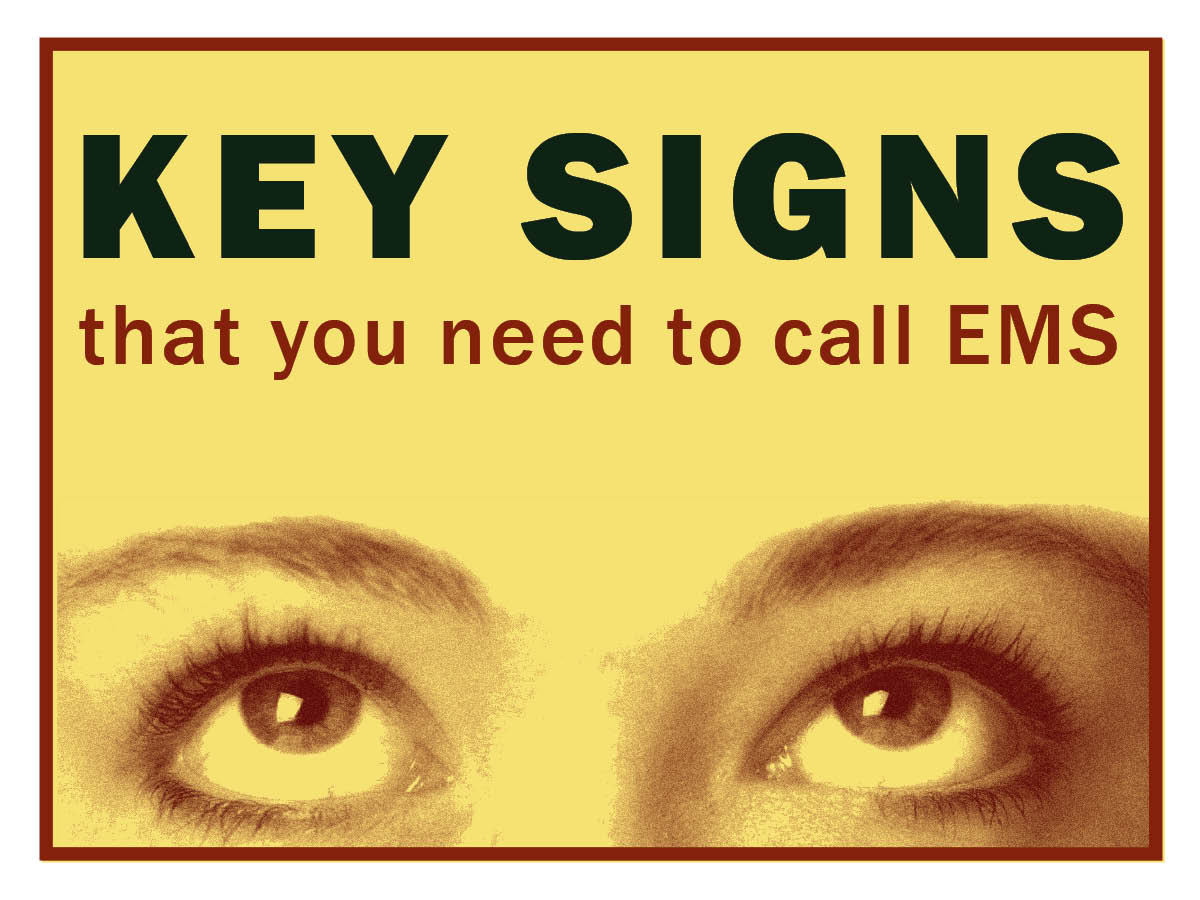Yes. Once a smoker has decided to quit, they are most likely to make it when friends and family give their help and support. If your friend hasn't decided to quit yet, you can help them think of reasons for quitting, set a target quit date and offer to help in any way you can.

Accessing Care
How to Help a Friend Quit Smoking
Can I really help someone who is trying to quit smoking?
How do I begin?
First of all, quitting is different for each smoker. So, ask your friend how you can be most helpful. This will show that you care and that you really want to help.
Maybe you've already tried to help someone and they weren't successful. That's okay. Remember you can be a big help, but it's not your fault if they aren't successful this time.
What kinds of things can I do to help the smoker trying to quit?
- Tell your friend that you think she can make it this time - even if she has tried to quit before and failed. In fact, most smokers have to "practice" quitting a few times before they quit for good.
- For the first few days after the smoker quits, be ready to help. He may want to talk all the time or he may just want extra help when a tough situation comes up, like a coffee break, a party or after a meal.
- Offer to call or visit to check on how she is doing. Ask how she's feeling, not just whether or not she's still not smoking.
- No nagging, scolding or preaching - this just does not work. Instead, let him know how much you admire him for trying to quit.
What other things can I do to help?
- Give lots of praise and offer rewards for getting through a day, a week, or a month without smoking. Rewards can be simple - flowers, something to eat, a card.
- Give rewards right away. Giving rewards right away works better than rewards promised for the future.
- Offer to do things together like eating at a restaurant, going to a movie or for a walk.
- Try to see it from your friend's side. He's not really sure he wants to quit. Cigarettes have been a steady friend for a long time. These feelings are normal even in smokers who succeed. Let him know you understand his doubts.
My friend is really worried about gaining weight. What can I say?
Some smokers do gain weight when they stop smoking but the average weight gain is 5 to 10 pounds and they are still much better off without smoking. Sometimes when people stop smoking, they really want sweet foods. You can help your friend stay away from sweets. Offer them low-fat snacks like carrots, fresh fruit, plain popcorn or sugarless gum.
Exercise really helps to keep weight down. Offer to do things together where smoking doesn't fit in - swimming, jogging, or brisk walking.
Can I help my friend plan how to handle urges to smoke?
Yes. In fact, those who succeed in quitting plan ahead about how to cope with urges to smoke. Offer to help your friend think up some simple things that they will do when they get an urge to smoke. Here are a few ideas:
- Call you when she feels the urge to smoke. Remind her that the urge to smoke will pass in just a few minutes - whether she smokes a cigarette or not!
- Leave the place that makes him want to smoke. For example, a party where alcohol is served may make him want a cigarette. Go for a walk around the block, or better yet, stay away from parties and alcohol for the first few weeks.
- Do some deep breathing if she is feeling tense. Breathe in and breathe out slowly to bring more air into the lungs, which will help trigger the relaxation response.
What if I get annoyed when my friend is tempted to smoke?
Try to stay with it. You're doing a great job! Your friend is trying to break an addiction to cigarettes that may have started several years ago.
Be prepared for some unfriendly and even nasty behavior from your friend. He is going though a tough time. Remind yourself that you are doing a great thing by helping your friend and that the bad moods will not last long.
Do smokers really have withdrawal symptoms when they quit?
Many smokers do have symptoms during the first few weeks after they quit. Some common ones are:
- Trouble sleeping
- Lack of concentration
- Feeling anxious or restless
These will go away as the body gets rid of the nicotine. Other symptoms may be harder for you to handle. Your friend may be grouchy, irritable, nervous or depressed.
Tell your friend you know that these symptoms are real and that they will not last long. A week or two may seem like a long time, but it will get better.
I quit smoking a long time ago. Should I tell my friend it was pretty easy for me?
Quitting smoking is different for every one. You can be of particular help to your friend since you already went through it. Let your friend know how glad you are that she is trying to quit and praise how well she is doing. Ask how she is feeling and what you can do to help.
Mention all the good things you have felt since quitting. Short-term things are easier to understand -- like fresher breath, more energy and no more smelly clothes, stained teeth or fingers. Many ex-smokers talk about getting control of their lives when they quit.
Forget any talk about how easy it was for you to quit. Most smokers are addicted and it's hard for them to quit. Instead, tell your friend that 45 million Americans have quit smoking and that she can do it too.
I've never smoked. Can I really help a friend stop smoking?
Yes, you just need to listen to him and encourage him to express feelings and then, give him lots of sympathy. Did you know that it's not willpower that helps smokers quit? Most are addicted to cigarettes and have a really hard time quitting on the first few tries.
You can also encourage your friend to get help from the resources and web sites listed below.
I'm a smoker myself. Can I do anything?
You don't have to quit to be of help. You could really help your friend by not smoking around him. You could also think up new nonsmoking activities to replace those where you smoked together.
Your friend is more likely to stay off cigarettes if you are not smoking, so this could be a good time for you to take a break. Married ex-smokers are more likely to go back to smoking if their spouse smokes. If you decide to quit, be sure you and your friend ask others to help you as well.
What do I do if my friend starts smoking again?
Forget about blame or guilt. He is really learning how to quit -- he is not failing. Remind him about how well he did do. Each time he tries to quit is a step forward. Help him figure out what led to his relapse and plan what he will do next time in that situation. You may feel badly if he doesn't quit. The best thing to say to your friend is, "Good try! I still care about you and will help you next time."
Try to feel good yourself about all your efforts to help. You can prepare together for the next time your friend tries to quit smoking.
How long do I need to help my friend?
The first 7 to 10 days are the toughest and your friend may need extra help then. Most smokers who go back to smoking do so within the first three months. So, you need to keep in close touch for that time.
"Slips" (having a puff or smoking one or two cigarettes) are pretty common. If your friend has slipped, you can remind him of all the good reasons to stay quit. Praise all his nonsmoking efforts and don't mention the "slips."
Ex-smokers may have an urge to smoke for months, even years, after they stop. This is normal. Remind your friend that these urges happen less and less often. You can also help celebrate nonsmoking anniversaries.
You deserve a lot of credit for helping someone stop this addictive habit. Your help can make the difference. Those who are able to stop smoking are the ones who get help and encouragement from friends and family.
Source: The American Lung Association
Resources
www.killthecan.org
A resource to quit dip and chewing tobacco.
Smokeless Tobacco: Tips on How to Stop
A resource for quitting smokeless tobacco from FamilyDoctor.org.
University Health Services 401.863-3953
Confidential medical care, including prescriptions for Zyban. Pamphlets on quitting smoking available throughout the building. Located at 13 Brown Street on the corner of Brown and Charlesfield Streets.
Related Links
Trytostop.org
An online, interactive quit site developed by the Massachusetts Department of Public Health. The Quit Wizard will help you assess your risk factors, set a quit date and keep you smoke free. Other features include success stories, expert advice and a bulletin board. There are many language options including Spanish, Korean, Chinese, Hatian-Creole, Russian and Portuguese.
Web MD’s Smoking Cessation Center
This site allows you to set goals, design your own personalized quit plan, find out about nicotine replacement therapy and read up on quitting options. There is a smoking cessation support group and articles on the latest news, like facts about nicotine water.






